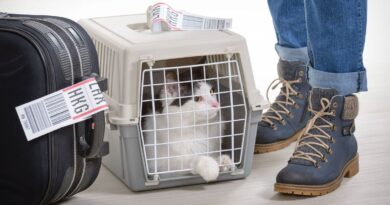Researcher shares worst thing you can do to get yourself to fall asleep faster
Insomnia, or struggling to fall or stay asleep is a common problem, affecting around one in every three people in the UK. Many of us will know the feeling of lying there, calculating how many hours it is until you have to get up for work.
Sometimes you might try various things to help you fall asleep faster – from taking magnesium an hour before bed, to making sure you’re avoiding caffeine and screens too close to bedtime.
But a university researcher thinks one thing people do is making it even harder for them to drift off to sleep. Rachel Sharman, a Senior Postdoctoral Researcher at the Sleep Medicine Nuffield Department of Clinical Neurosciences, recently shared her five top tips to getting a good night’s sleep, via Oxford University’s TiKTok channel.
And her biggest piece of advice was this – Do not try to force yourself to go to sleep. Rachel explained: “If you’re in bed and you can’t sleep, don’t try to force yourself to go to sleep because you won’t. The more you try, the less likely you are to go to sleep”.
Instead, the researcher recommends getting out of bed and sitting somewhere comfy to read a book until you feel sleepy and tired again. “Go back to bed again when you’re feeling tired,” she added.
“The longer you remain in bed, not able to sleep, the more your brain will think your bedroom is a place of wake rather than a place of sleep.”
Explaining further, Rachel said it’s important to “prioritise your sleep”. “Make time for it. Make sure it’s not just an afterthought,” she added. To help with this, it could help you to “schedule your sleep”, which means having the same bedtime every night of the week.
You should also try to “prepare for sleep” with a proper wind down routine. “Our brain needs quiet from the day before we can get good, restful sleep,” Rachel explained.
She recommended starting this routine 90 minutes, or 60 minutes “at a push”. This can include dimming the lights, have a “little bit of rest time,” read a book, get yourself comfy – and don’t eat.
Rachel also said it’s important to make sure your “bedroom environment is suitable for sleep”. The perfect temperature is around 19C, and it needs to be quiet and dark, according to the researcher.
Adults need on average between seven to nine hours sleep per night. If you’re struggling with insomnia, and have tried changing your sleeping habits, you should see a GP.




